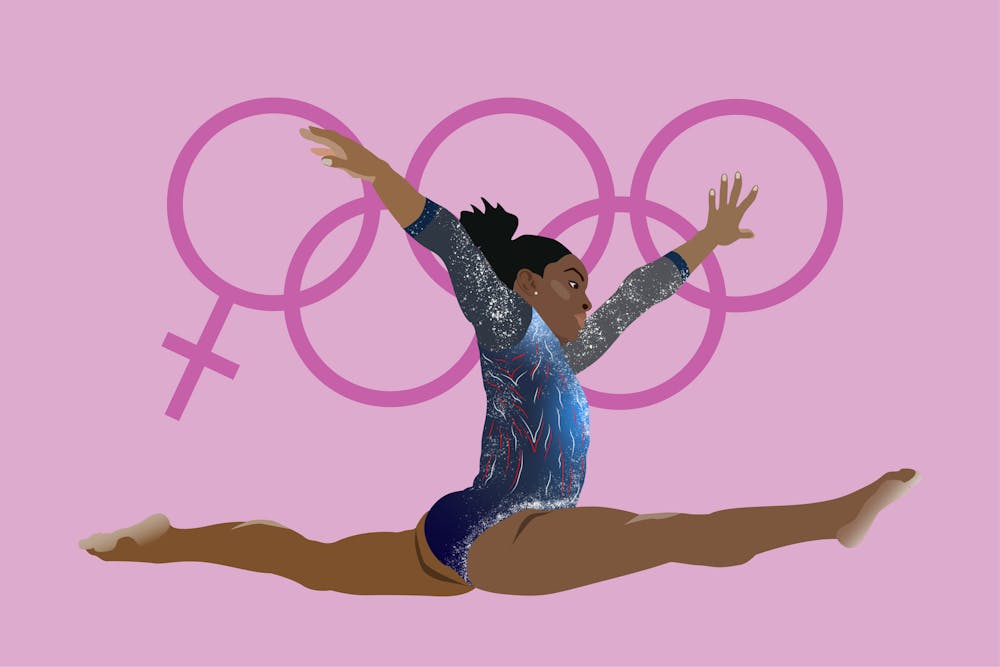The 2024 Paris Olympics breathed life back into the games. The previous Olympics in Tokyo were defined by the pandemic; empty crowds and isolated athletes stripped much of the excitement that is typical of the competition. This summer, arenas roared with cheers, viewership rose, social media discussions were sparked and athletes' joy returned. Another key distinction that defined this Olympics was the constant display of a fast-growing slogan: “everyone watches women’s sports.”
The statement went viral after a female athlete-owned company, Togethxr, printed t-shirts with the phrase to champion the growing hype around women’s sports. Intended to take a jab at anonymous internet trolls who live to mock women’s sports, it has now become a fact. Ratings for women’s sports are higher than they’ve ever been, female athletes influence millions and respect greatly replaced mockery. The Paris games were the perfect showcase of this progress.
This Olympic cycle marked the first time half of all athletes were women, including household names Katie Ledecky, Simone Biles and Sydney McLaughlin-Levrone. Not only did they dominate in numbers, but in their Olympic records and medal count as well, bringing home 67 of 126 Team USA medals.
This success and energy was felt by viewers globally, who increased overall ratings by over 82 percent since the Tokyo Olympics. Beyond records set for women’s sports in general, specific sports like women’s soccer soared in ratings. The Olympic women’s soccer gold medal match averaged 9 million viewers, the most of any soccer match in Olympic history. Other events like the Women’s Team Gymnastics Final put up impressive numbers that outperformed all games in the 2024 NBA finals, reaching nearly 13 million views.
I often hear that women’s sports do not deserve greater investment because no one watches them or they do not bring in enough revenue. Now, we have the data to reflect exactly the opposite.
This is not just about raising the medal count or getting more clicks, but it’s an immense turning point — for every feat comes a greater opportunity for higher investment, pay and coverage that female athletes have fought decades for.
There’s also a lot of credit to give to the new wave of WNBA players, such as Caitlin Clark and Angel Reese, who transferred their hype from NCAA play to the league, and greatly increased game attendance and viewership. It’s the growth we’ve seen from even the past year that set Paris up for success.
But just as much as the Olympics demonstrated progress, it also demonstrated how much room is left for more.
Algerian boxer Imane Khelif didn’t experience positive effects of greater coverage. Following a quick forfeit from her Italian opponent Angela Carini, this moment blew up into a protest about the inclusion of transgender athletes participating in women’s sports, despite the lack of any evidence indicating Khelif is a transgender woman.




